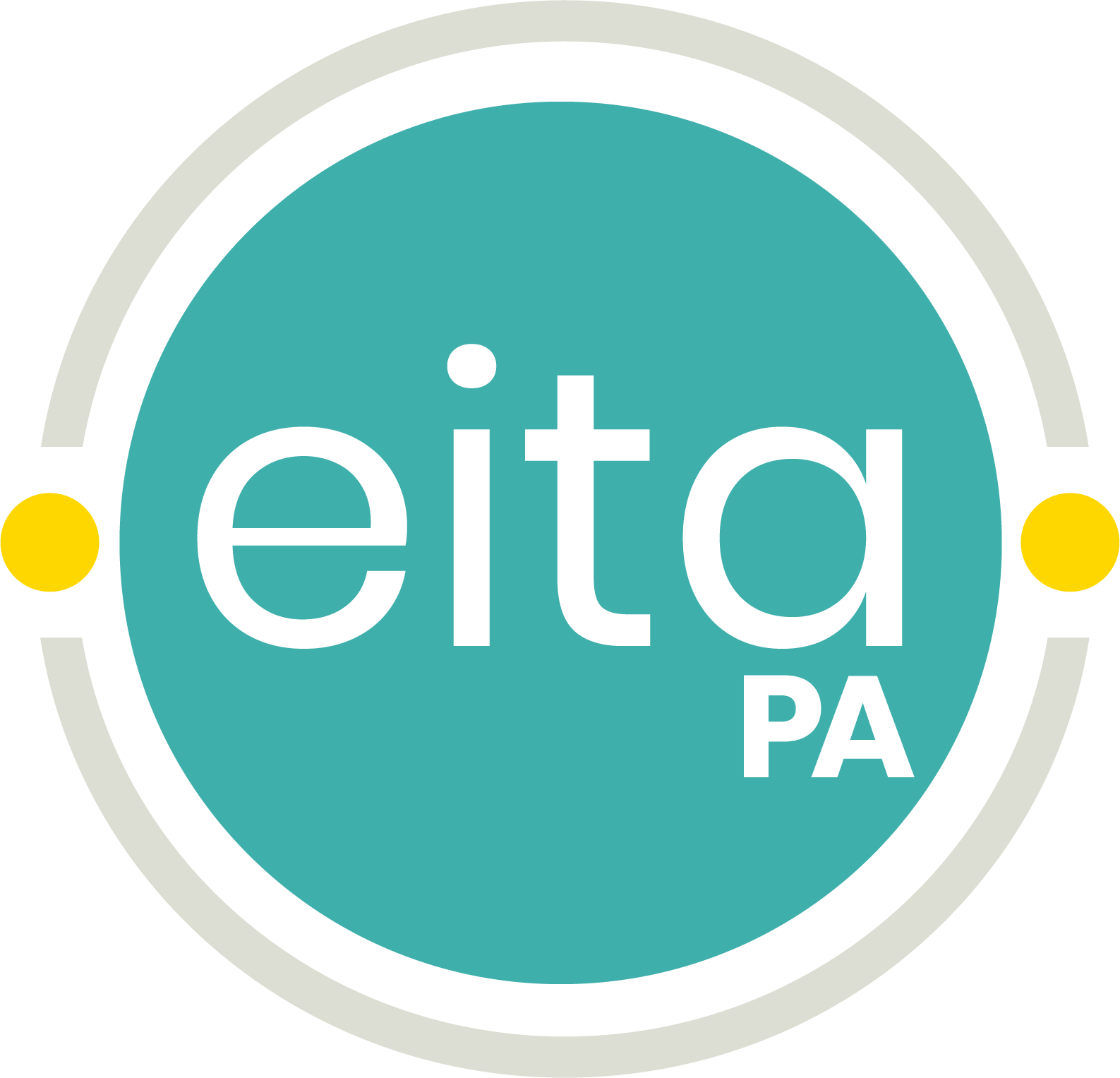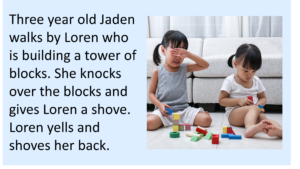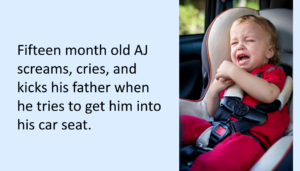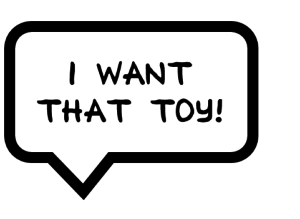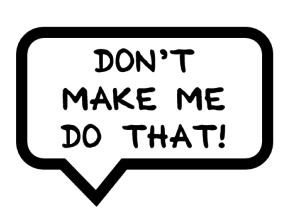While childhood is a time of growth and exploration, growing up isn’t easy. Nor is it always easy supporting a child in that process. There is so much to learn and to teach in order for a child to develop the skills needed to successfully manage himself/herself across the myriad of circumstances of daily living. The lessons to learn for children and adults include handing difficult or stressful situations.
All behavior is learned. In order to answer the question “why” a child might be exhibiting a specific behavior, it is first important to define the problem. A Functional Behavior Assessment (aka FBA) is the process of gathering and analyzing information about a person’s behavior and why it happens. It can help us determine the purpose or intent of behavior.
An FBA is based on the following assumptions:
- Challenging behaviors do not occur in a vacuum; there is a reason for why they occur
- Behaviors occur in response to something, someplace or someone
- Behaviors are strengthened or weakened by consequences, what happens immediately after the behavior.
- Behavior is a form of communication and it’s our job to figure out what that behavior is telling us.
- “Misbehavior” might actually be adaptive(justifiable and understandable) given the circumstances.
All of our behavior can be attributed to two basic functions, we either want to get something (e.g. attention, toys) or avoid/escape something (e.g. disapproval, activities). There are also a number of factors that may affect our behavior. They include things in our physical environment, demands on our time and resources, social interactions as well as interactions with individuals, biological factors such as a lack of sleep or medications, and emotional influences such as missing a parent or feeling left out.
The FBA process helps us to:
- Gather information about what happens immediately before the behavior (Antecedent),
- Describe the Behavior in observable concrete terms, and
- Gather information about the Consequences that follow the behavior.
When we analyze this information, looking for patterns and indicators, it leads to the development of a hypotheses about the behavior’s purpose. We then use that hypothesis to develop a behavior intervention plan and to teach positive alternative behaviors that will serve the same purpose(s) as the inappropriate behavior. As we carry out these interventions we are constantly gathering data and evaluating them for their effectiveness, just as we would for an IEP/IFSP outcome.
Want to learn more about Functional Behavior Assessments and the ABC process? Take a look at the following resources.
This one page resource from the Backpack Connection Series is designed to help families and teachers work together to understand and guide children’s behavior.
Backpack Connection Series: How to Understand the Meaning of Your Child’s Challenging Behavior
Routines Based Guides: These guides look at typical routines within homes or classrooms and suggest challenges within those routines that might lead to less desirable behaviors. The guides include strategies to teach new behaviors to help children meet their needs more appropriately.
Family Routine Based Support Guide: Building Relationships with Infants
Family Routine Based Support Guide: Toddler and Preschool
Classroom Routine Support Guide: Toddler and Preschool
Family Routine Based Support Guide: Early Elementary-4 to 8 years olds
Classroom Routine Support Guide: Early Elementary K-2nd grade
These Prevent-Teach-Reinforce for Young Children resources are not free, but are used by a number of Early Intervention programs in Pennsylvania to help teams structure their functional behavior assessment process. EI programs can request assistance from Early Intervention Technical Assistance to learn more about these tools.
For an even more in-depth understanding of this topic take a look at the following article. You’ll find it under Resources for Center Based Programs on the Social Emotional Topic of Interest Page.
Function-Based Intervention for Children With Challenging Behavior describes function-based intervention and offers suggestions for current practices.
